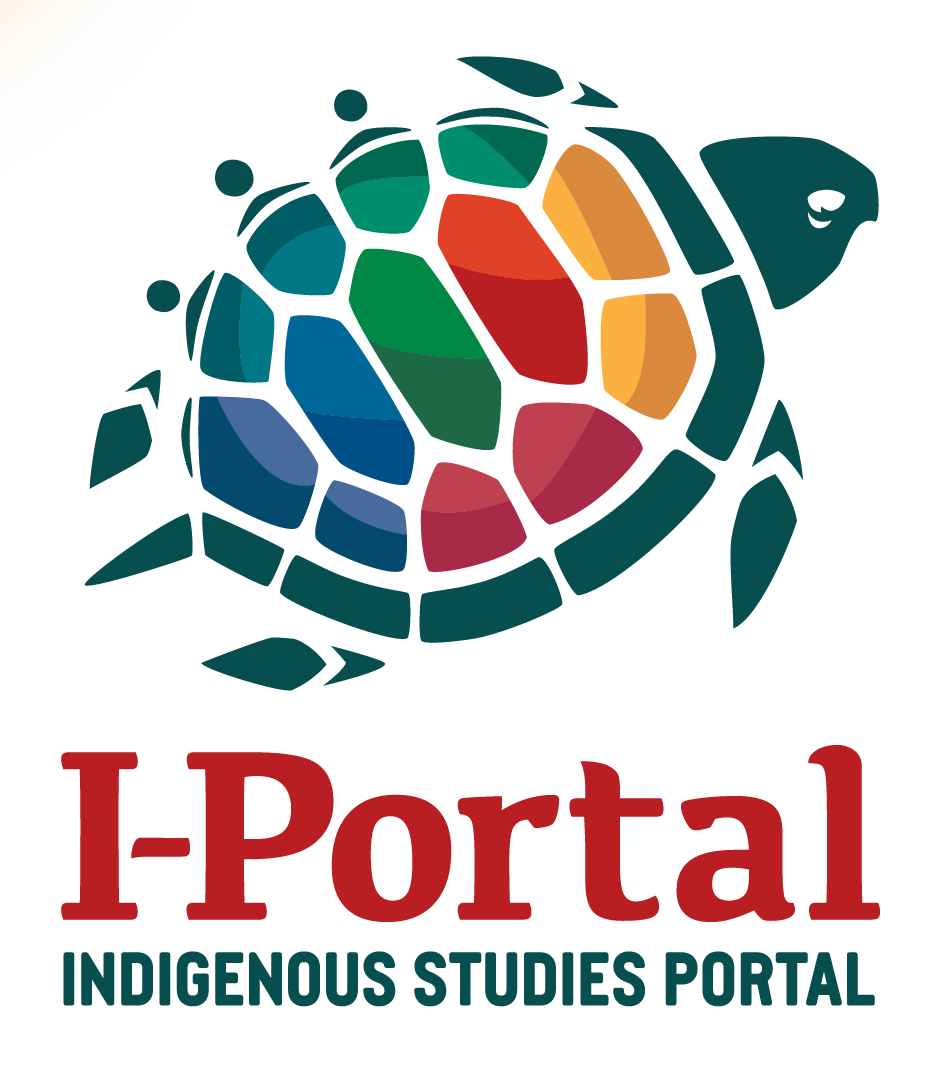Drum Songs: Glimpses of Dene History
Alternate Title
McGill-Queen's Studies in Ethnic History ; 15
E-Books
Author/Creator
Kerry Abel

Second Edition
Outlines intellectual property legislation as it relates to Aboriginal peoples and overview of methods to protect traditional knowledge.